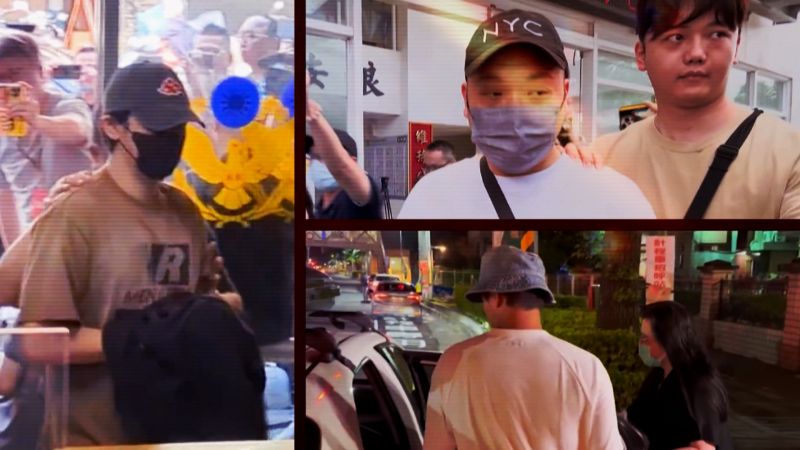The discussion around Taiwanese celebrities allegedly dodging military service highlights a complex intersection of national duty, celebrity culture, and geopolitical tensions. This news story not only addresses the issue of military recruitment but also reflects broader societal concerns regarding the willingness of citizens to participate in defense amidst growing external threats.
Motivation Behind the Article
The interrogation of celebrities by Taiwanese authorities serves to reinforce the importance of mandatory military service and to publicly address the issue of military recruitment. By spotlighting high-profile figures, the government aims to illustrate that no one is above the law. This may also be an attempt to rally public support for military reforms and to emphasize the seriousness of national defense in the face of threats from China.
Public Perception and Implications
The article seeks to foster a sense of urgency and accountability among the population regarding their military obligations. It may also create a divide between those who fulfill their duties and those who are perceived as avoiding them, potentially leading to public backlash against the celebrities involved. This narrative of accountability is crucial at a time when Taiwan is facing increased pressure from China.
Possible Concealments
While the article sheds light on military service evasion, it may divert attention from underlying issues within the military system itself, such as recruitment challenges or the adequacy of military training and resources. This focus on celebrity interrogations could serve to distract from discussions on military effectiveness or the government's strategies to enhance recruitment.
Manipulative Elements
The article exhibits a degree of manipulation through its framing of celebrities as potential draft dodgers. By portraying them in such a light, it may unintentionally foster resentment among the public towards these figures, while also reinforcing the narrative that military service is a civic duty that should be upheld by all.
Truthfulness of the Report
The allegations against the celebrities and the subsequent interrogations appear to be grounded in factual events. However, the interpretation and presentation of these events can influence public perception. While the core facts may be accurate, the framing can skew the narrative toward a particular agenda.
Societal Impacts
This news could influence societal norms regarding military service in Taiwan. It may encourage a renewed sense of duty among citizens or lead to increased scrutiny of those who evade service. Economically, increased awareness of military obligations could affect public sentiment towards the government, potentially impacting political stability and support for military funding.
Supportive Demographics
The article is likely to resonate more with nationalist groups or individuals who prioritize national security and military readiness. It may also appeal to a younger demographic that is more engaged with celebrity culture and its responsibilities.
Market Reactions
Should this story escalate into a broader discussion about military recruitment, it could have implications for defense-related stocks or industries in Taiwan. Increased military spending or reforms might influence various sectors, including technology and manufacturing, related to defense.
Geopolitical Context
In the context of rising tensions with China, this news is significant as it highlights Taiwan's ongoing struggles to maintain a robust defense. It reflects the urgency of the situation and the need for all citizens, including public figures, to contribute to national security efforts.
AI Involvement
The news article does not explicitly indicate the use of AI in its creation. However, if AI were utilized, it could have influenced the tone and choice of language to emphasize urgency and accountability. AI models that analyze public sentiment could inform the framing of such articles, possibly steering the narrative towards specific societal concerns.
In conclusion, the article sheds light on a critical issue regarding military service in Taiwan while potentially manipulating public sentiment against celebrities. Its trustworthiness lies in the factual basis of the claims, yet the framing raises questions about the underlying motives and the broader implications for society.
